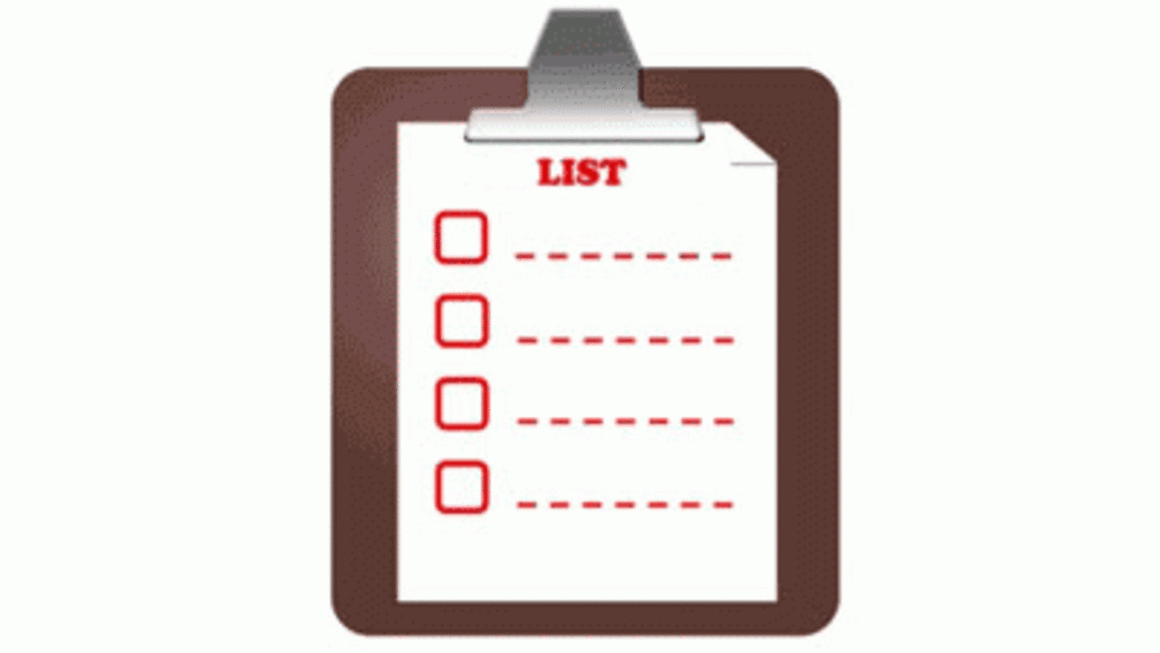Less than a 20% deposit? 8 things you need to know about lenders mortgage insurance (LMI)

While requirements may differ slightly from lender to lender, in general if you have to borrow 80% or more of the value of a residential property, you will have to pay lenders mortgage insurance (LMI).
LMI is paid by the borrower, but protects the lender if you default on your home loan and your lender is required to sell your property.
If the property sells at a loss, the lender can make a claim against its LMI provider for the shortfall.
Paying LMI allows borrowers with smaller deposits to buy earlier, rather than wait until they have saved up a 20% deposit.
There are two main providers of LMI in Australia, these being Genworth and QBE LMI.
These are 8 things you need to know about LMI:
If you have less than a 20% deposit, you will more than likely need to budget for the cost of LMI.
LMI can be costly. Borrowing 95% on a property worth $400,000 will mean a premium of around $14,000. Borrowing 90% will mean a premium of around $7,000, according to the Genworth LMI premium estimator. QBE LMI provides this handy servicing capacity calculator.
Stamp duty and GST are payable on LMI Premiums, subject to state government rules.
Your lender will determine if you will need to pay LMI after they have assessed your loan application and documentation.
LMI is a one-off premium you pay. The amount is determined by your lender based on a number of factors including, but not limited to deposit size, loan size, and type of loan.
You may be able to capitalise your LMI premium. This means adding the premium to your home loan amount and paying it as part of monthly repayments. However you will pay more as interest is payable on the LMI premium.
LMI is not portable, which means if you want to refinance into a cheaper rate but are still borrowing in excess of 80% of the value you will have to pay LMI again. “The premium paid on your first loan does not carry over to another loan if you want to refinance even though your premium is paid to a specific mortgage insurer,” says inTouch Finance founder Paul Ryan.
Don’t confuse LMI with mortgage protection insurance, which you take out to cover loan repayments in the event you are unable to make payments because you’ve lost your job, been disabled, or worse.